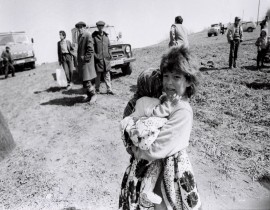Politicon.co
Lachin corridor crisis in Russian media
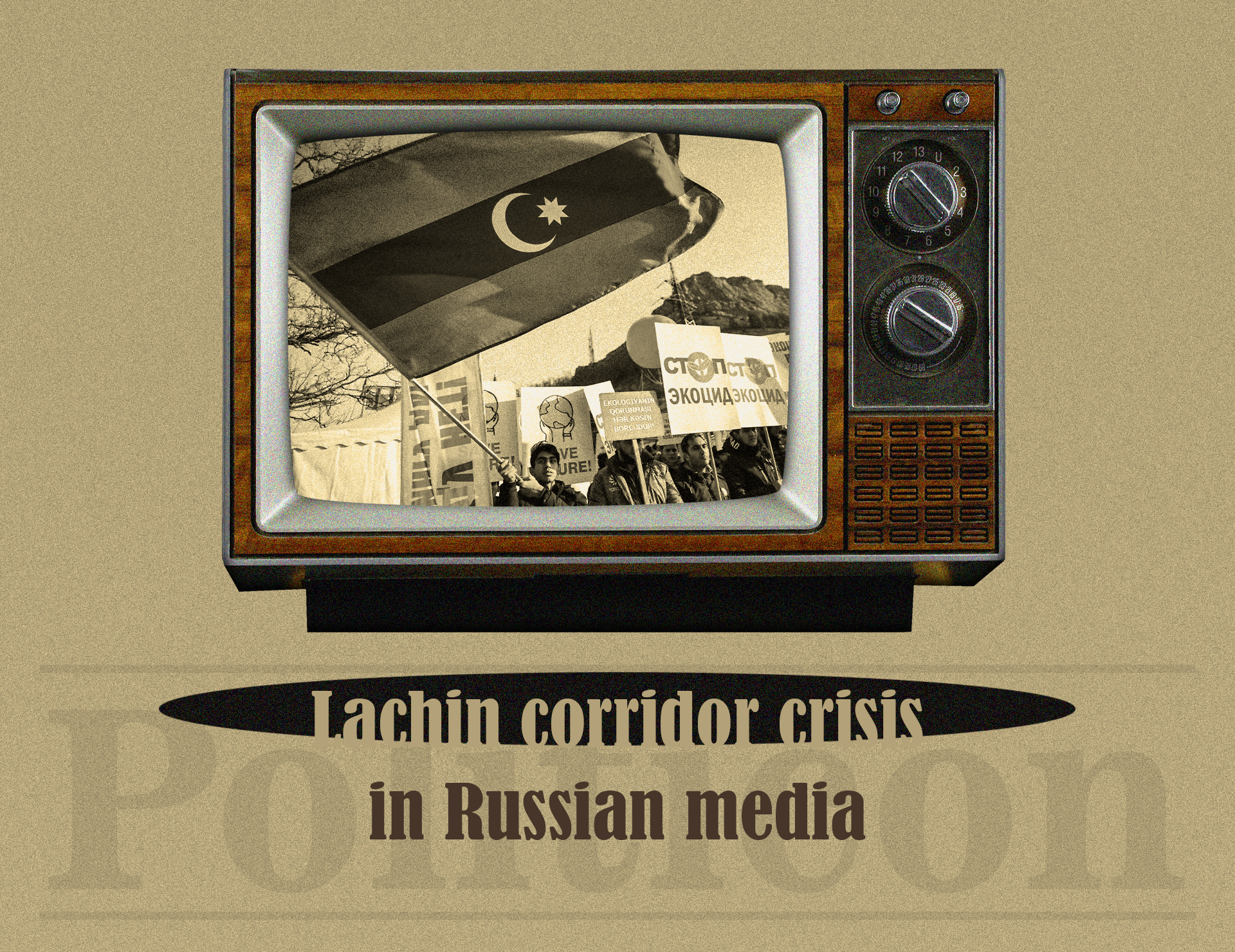
The Russian mass media reacted ambiguously to the situation between Shusha and Khankendi. The protests are being held by Azerbaijani citizens from various backgrounds in front of the Russian peacekeepers. The protests aimed to advance into the Russian peacekeeping zone and stop the exploitation of the local gold mines. The line of protesters was confronted by the Russian peacekeepers, who set up the barricade and lined up against the protesters.
The most explicit reaction to the situation was expressed by Mikhail Aleksandrov, a leading military expert of MGIMO, Russia’s most prestigious university specializing in international relations studies. In his interview with the Russia-based Armenian diaspora information agency, Rusarminfo.ru, Aleksandrov assessed that in case the protesters hurt the peacekeepers in any way, Russia must hold aviation strikes targeting Azerbaijan’s oil and gas industry, so to eliminate the economic competitor and stimulate the price growth. Although Aleksandrov has a long experience with anti-Azerbaijani rhetoric while holding his position at the university, he was fired only after the recent verbal attack, which was described by the MGIMO administration as “a groundless aggressiveness and flagrant unprofessionalism”.
A Russian political observer, Aleksey Leonkov, accused Azerbaijan of boundless behavior, stressing that Azerbaijan underestimates Russia's position on Karabakh. According to Leonkov, Russia will respond to such behavior soon. He also claims that the main goal of Azerbaijan is to disappoint local Armenians in their dependence on Russia so that they give up and agree to the so-called American scenario of Karabakh conflict resolution, according to which Artsakh will have no future as an entity.
A Russian political observer from the Komsomolskaya Pravda, Sergey Markelov, says that Russia is “now elaborating on the response to Azerbaijan” against the backdrop of the protests. Yury Knutov from the RIA news, blocked in Azerbaijan, asserted that Armenia should determine its position on Karabakh, whether to recognize or not- and also predicted the unleashing of war if negotiations are not held. Maksim Shevchenko, a journalist known for his pro-Azerbaijani position, asserted that with his protesters Azerbaijan confronts not Vardanyan or any peacekeepers’ general but Putin himself, and called Azerbaijan’s position can be considered as perfidious by Putin.
A Russian nationalist broadcaster “Tsargrad” has criticized Azerbaijan harshly. In one of its articles, Tsargrad accused Azerbaijan of “fueling” a conflict in Karabakh. It also hints that the war may be beneficial to those looking to open a second front against Russia in Karabakh, Azerbaijan, where Russian peacekeepers are currently deployed. Commenting on Azerbaijan's statement about the claims of the shutdown of gas supplies, it compares it to the Ukrainian counter-accusations in Donbas.
In his article for Tsargrad Sergey Markov, a Putin confidant asserts that all Azerbaijan’s provocations are taking place because Russia is currently not able to defeat Ukraine, hence, Azerbaijan feels the weakness of Russia. On the other hand, the author asserts that Russia has no interest in the region, as its only ally, Armenia, is not pro-Russian anymore. “It seems to me that in the end there will be no agreement on anything. And in less than three years, the treaty will end, and our peacekeepers will simply leave. And, perhaps, we should think about how our peacekeepers can pick up and leave now. Because our interests are not there. Armenia is not pro-Russian now”, Markov writes. At the same time he asserts that if not for Russia, the 44-day war could be 810 days as of now, emphasizing Russia’s key role in the ceasefire agreement.
One of the main Russian informational agencies, TASS, referred both to Azerbaijani and Armenian media sources, reporting on the current situation in the Karabakh region. It also shed light on Armenia’s position on humanitarian issues, such as the situation with the sick inhabitants of the Karabakh region who face difficulties because of the closure of the corridor. It is not easy to verify such information, taking into account that Azerbaijani declared that the road is open for humanitarian transportation.
Russia's main TV broadcaster “Rossiya 1” is silent on the current events in Karabakh and limits its reports to talks between Russian President Vladimir Putin on the one hand, and the rival South Caucasian leaders, Aliyev and Pashinyan.
In general, the position of the Russian mass media and their political observers ranges from neutral, but mostly pro-Armenian, to the radical anti-Azerbaijani. As far as the government-run TV channels are concerned, the war in Ukraine remains the hot topic of the broadcasts with not much time left for the current developments in Karabakh.
![]()
- TOPICS :
- Conflict and peace
- Environment
- REGIONS :
- Russia and CIS

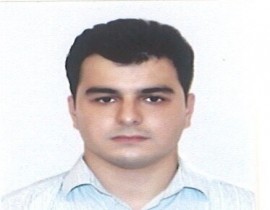
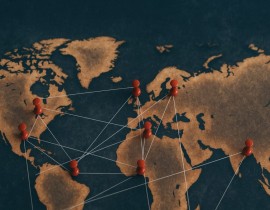
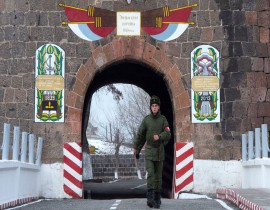
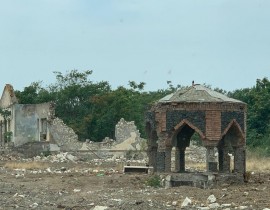
png-1748065971.png)
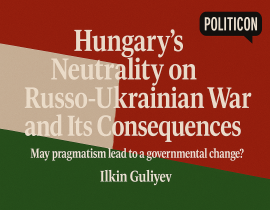
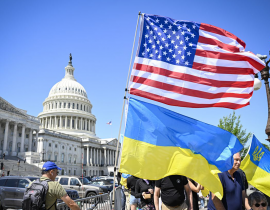
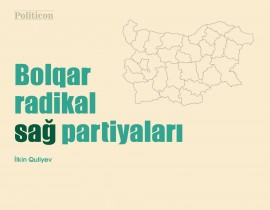
jpg-1599133320.jpg)
